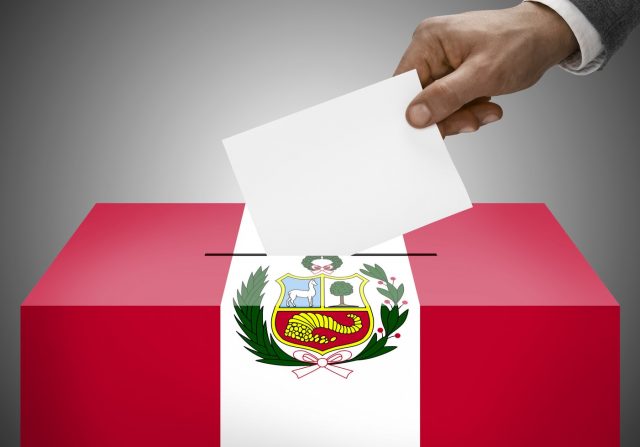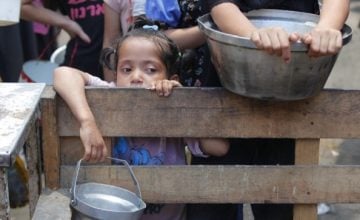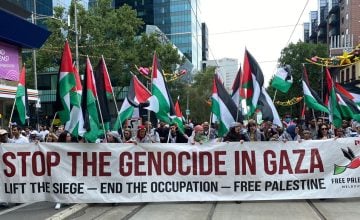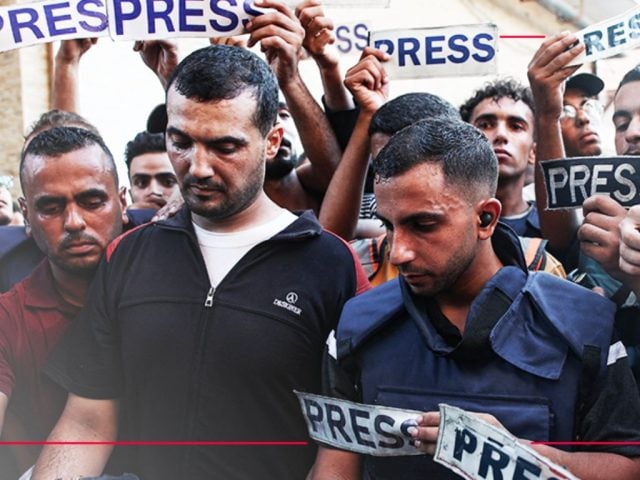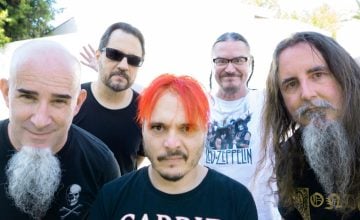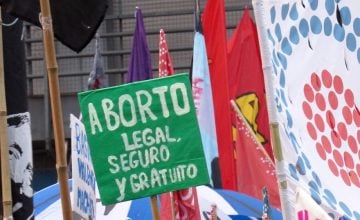The final definition of the presidential elections in Peru is shrouded in uncertainty. Candidates Pedro Castillo, from the left-wing Peru Libre, and Keiko Fujimori, from the right-wing Fuerza Popular, register a technical tie less than three weeks before the second round of elections takes place, scheduled for June 6.
That day, more than 25 million Peruvians are summoned to elect the president who will replace Francisco Sagasti, the interim who took office last year in the midst of an institutional crisis that the country faced, after the irregular dismissal of Martín Vizcarra and the brief mandate of Manuel Merino, who left the presidency because of social protests.
The elections represent a new attempt for the country to regain democratic normality, after years of political instability, says a RT article written by Cecilia González. The evident breakdown of the institutions had one of its biggest highlights in 2018, when the then-president Pedro Pablo Kuczynski resigned to avoid an imminent political trial, accused of corruption charges, when he had barely been in office for less than two years.
Castillo and Fujimori are going to a second round after the elections on April 11, which were marked by the dispersion of candidates and voters. The ‘flag-bearer’ of Peru Libre was the big surprise, as he won first place with 19% of the votes, while a scant 13.4% of the votes was enough for the daughter of former president Alberto Fujimori to continue in the race.
The scant support to the candidates who went to the ballot, after years of profound discrediting of politics, was one of the reasons why neither of them managed to reach, adding their respective votes, 40% of the total votes, an unprecedented issue in the recent history of the Andean country.
Weeks after the first round, the gap between the two candidates seems to be narrowing. The latest survey by the consulting firm Ipsos, published this week in the newspaper El Comercio, revealed that Castillo has a voting intention of 51.1% and Keiko, 48.9%.
Voters debate their dilemma on a daily basis in the media and on social networks, since they must choose between a new political figure, whom they designate as a communist, or a candidate who represents the corruption entrenched in the country’s discredited political class. She herself (Keiko) is accused of money laundering, in a trial that will begin in the coming weeks and that would be ‘suspended’, if she wins the elections.
Whoever remains with the presidency will not have an easy job, since the April elections left a fragmented Congress, without absolute majorities. Of the 130 seats at stake, Castillo’s alliance was left with 37 and Fujimori with 24. The rest is divided between the forces whose candidates did not reach the second round and who, for the most part, support the ‘heir’ of Fujimorism.
Moderation in Peru
Castillo, whose arrival in the first round was not foreseen by the pollsters, is a rural teacher and union leader. He is 51 years old, has defined himself as a militant of the Marxist left and won with a speech labeled radical only because he proposed fundamental transformations, such as the creation of a Constituent Assembly and the implementation of economic policies completely opposed to neoliberalism, with predominance of the role of the State.
His plan to nationalize mining, gas and oil alarmed the Peruvian elite, as did his criticism of the Pension Fund Administrators system. On the contrary, he kept his conservative side by rejecting the legalization of abortion and same-sex marriage.
On the way to the second round, criticism against him intensified, especially in the country’s capital, where Fujimori is the favorite of the political class who sees Castillo as a promoter of statism. In contrast, the main electoral strongholds of the Peru Libre candidate continue to be the regions and, especially, rural areas.
As the vote intention gap between the two narrowed, amid an aggressive right-wing political campaign, Castillo has moderated his speech. The confirmation of the turnaround in his proposals was reflected in a government plan in which he proposes profound changes, albeit progressive, highlighting the «absolute respect for democratic rules and their institutions».
In the document, the candidate emphasizes that he maintains his commitment to social justice, and that his platform has been enriched with contributions from social actors that he has heard in recent weeks, including the more moderate left represented by the former presidential candidate, Verónika Mendoza.
Among the presidential candidates who ran on August 11, Castillo only obtained the endorsement of Mendoza, the standard-bearer of the Frente Amplio, who obtained 8% of the votes. The others support Fujimori.
Controversy in Peru
Fujimori, who has the backing of Peru’s political elite and much of the media, has achieved a drastic increase in the voter’s intention in this third presidential campaign with respect to Castillo, considered an ‘outsider’ from the deep country.
So much is the «fear» of Castillo that even the writer Mario Vargas Llosa has left behind decades of anger against Fujimori and ended up publicly supporting the Fuerza Popular candidate.
Peru’s Literature Nobel Prize, who usually takes sides in all Latin American elections for right-wing candidates, invited Fujimori to Ecuador to participate in a forum «in defense of freedom» and took the opportunity to support her campaign and present it as the only possible alternative in this election.
However, the call ended in controversy because a judge denied Fujimori permission to travel due to the restrictions that weigh against her, since she faces a judicial process in which she is accused of money laundering, criminal organization, obstruction of justice and false declaration, in a case that investigates the multiple irregularities in the financing of her campaigns in 2011 and 2016.
The trial will begin in the coming weeks, but if Fujimori wins the presidential elections, she will be covered by legal jurisdictions that will prevent her from being prosecuted, investigated and convicted.
The controversies with the candidate are permanent, since she insists that, if she succeeds, one of her first measures as president will be to pardon her father, who is imprisoned, convicted of crimes against humanity and of corruption.
In addition, this year a new trial began against Alberto Fujimori for the forced and massive sterilizations that he applied during his government, but this week his daughter denied that the interventions had been carried out and affirmed that they were only part of a family planning program.
Maturity?
This week, both candidates signed a commitment in defense of democracy and the rule of law, with the intention to de-escalate the fears that loom among voters, as the candidate of the right carries the weight of the legacy of Fujimori, while Castillo has been demonized with the ghosts of «communism», being the standard-bearer of the left.
The two candidates, who represent the antipodes of political projects, were presented together this week in an event in which they affirmed that, if they win, they will respect human rights, freedom of expression and of the press, and will comply with their five-year term, without attempting to extend his tenure in power through any constitutional reform.
In an attempt to show political maturity and suitability for the position, they also pledged to respect international treaties, the institutionality of the Police and the Armed Forces, and the independence of the powers of the State.
The next challenge will be the presidential debates that will take place on May 23 and 30, since they will be the last efforts to convince the electorate before they have to return to the polls on June 6.
